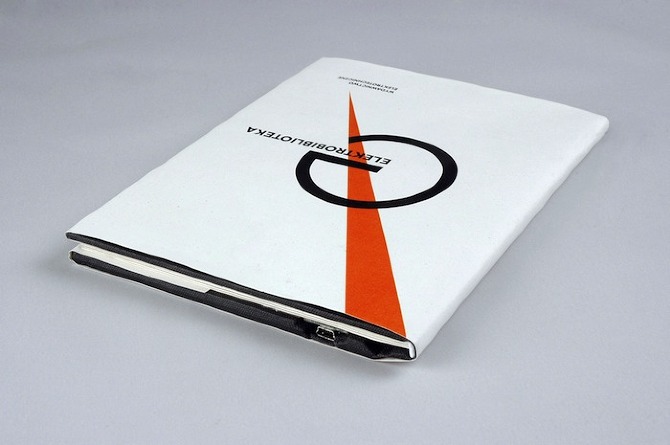Shanthi Kalathil, Taylor C. Boas: Open Networks, Closed Regimes: The Impact of the Internet on Authoritarian Rule (2003)
Filed under book | Tags: · censorship, e-government, human rights, internet, mass media, politics

As the Internet diffuses across the globe, many have come to believe that the technology poses an insurmountable threat to authoritarian rule. Grounded in the Internet’s early libertarian culture and predicated on anecdotes pulled from diverse political climates, this conventional wisdom has informed the views of policy makers, business leaders, and media pundits alike. Yet few studies have sought to systematically analyze the exact ways in which Internet use may lay the basis for political change.
In Open Networks, Closed Regimes, the authors take a comprehensive look at how a broad range of societal and political actors in eight authoritarian and semi-authoritarian countries employ the Internet. Based on methodical assessment of evidence from these cases—China, Cuba, Singapore, Vietnam, Burma, the United Arab Emirates, Saudi Arabia, and Egypt—the study contends that the Internet is not necessarily a threat to authoritarian regimes.
Publisher Carnegie Endowment for International Peace, Washington DC, 2003
Global Policy Books series
ISBN 0870031945, 9780870031946
217 pages
O. Bradley Bassler: The Pace of Modernity: Reading with Blumenberg (2012)
Filed under book | Tags: · gnosticism, modernity, philosophy, theology

Wittgenstein said that philosophers should greet each other, not by saying “hello,” but rather “take your time.” But what is time? Time is money, but this points to an even better answer to this basic question for our modern epoch: time is acceleration. In a cultural system which stresses economic efficiency, the quicker route is always the more prized, if not always the better one. Wittgenstein’s dictum thus constitutes an act of rebellion against the dominant vector of our culture, but as such it threatens to become (quickly) anti-modern. We need an approach to “reading” our information-rich culture which is not reactionary but rather meets its accelerated condition. In this book, O. Bradley Bassler develops a toolkit for acute reading of our modern pace, not through withdrawal but rather through active engagement with a broad range of disciplines. The main characters in this drama comprise a cast of master readers: Hannah Arendt, Jean Starobinski, Harold Bloom, Angus Fletcher, Hans Blumenberg and John Ashbery, with secondary figures drawn from the readers and critics whom this central group suggests. We must develop a vocabulary of pacing, reflecting our modern distance from classical sources and the concomitant acceleration of our contemporary condition. Only in this way can we begin to situate the phenomenon of modernity within the larger scales of human culture and history.
Publisher re.press, Melbourne, August 2012
Anamnesis series
Creative Commons BY-NC-ND 2.5 License
ISBN 0987268236, 9780987268235
226 pages
Waldek Węgrzyn: Elektrobiblioteka / Electrolibrary (2012)
Filed under augmented book, thesis | Tags: · book, design, e-book, interactive design, interface

A hybrid book project inspired by El Lissitzky’s manifesto published in 1923.
Author: “I was interested in the phenomenon of a book perceived as a kind of interface, which has influenced the way we deal with information. I also wanted to shift the experience typical for print design to the field of digital media. One of the major inspirations was the manifesto ‘The topography of typography’ published in 1923 by a graphic designer El Lissitzky, who has expected a book to be replaced with something he called “electrolibrary”. It seems that his predictions came true.
The final result of the project is the paper book that can be connected to the computer via USB cable. It is able to physically detect which page is currently open and send that information to the Electrolibrary website. By turning pages or touching given illustrations you can navigate through the website and get additional information such as hyperlinks, quotations, movies etc. Of course you can also unplug the cable and read it like a normal book.
The book was intended to be a single object, just for presentation. The great interest in my project that I encounter surprised me. I did not expect that at all, so maybe this project can be developed further.” (source)
Diploma thesis
Multimedia dept, Academy of Fine Arts, Katowice, Poland
Supervisor: Bogdan Król
via Jono van Belle
demonstration video
Lissitzky’s manifesto
View online (HTML) [Polish]
Comment (0)
